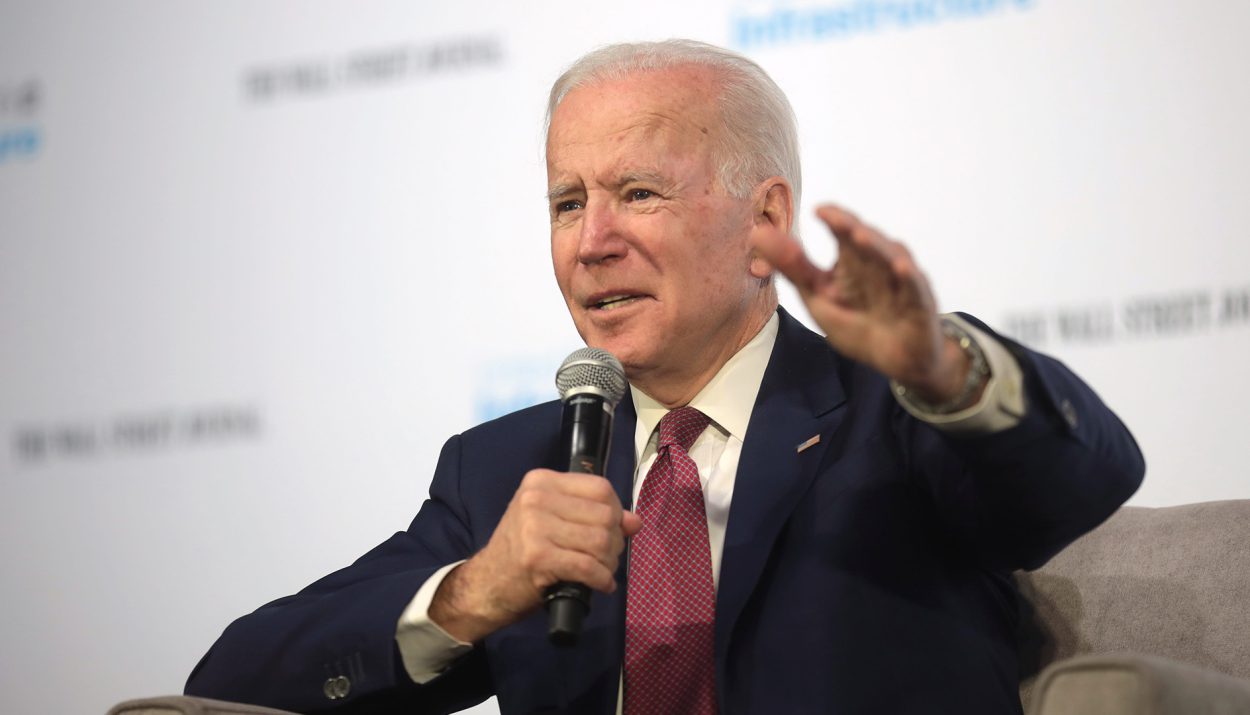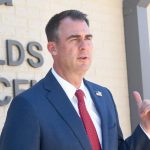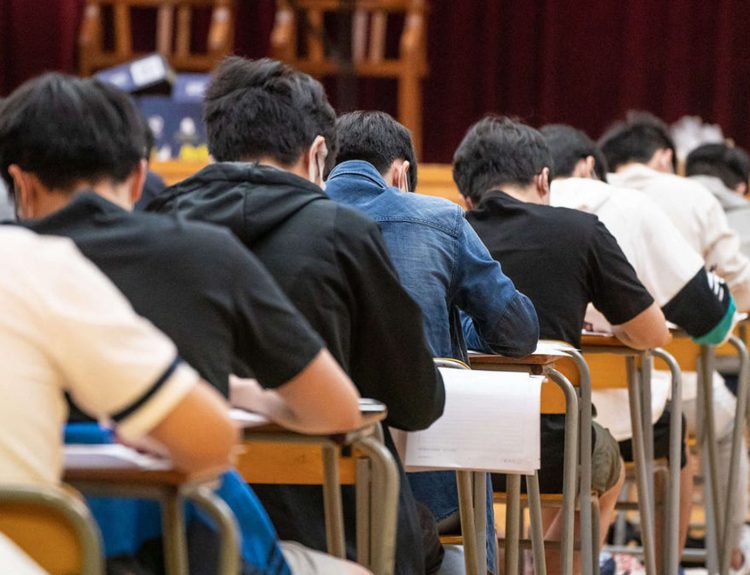Under Article II, Section 2 of the US Constitution, the President of the United States has a broad, but limited power to grant reprieves and pardons – known as the presidential pardon power. On April 24, President Joe Biden used that power to grant clemency to 16 deserving individuals.
April 24: Joe Biden Pardons 11 People
Biden celebrated Second Chance Month (observed every April) by pardoning 11 men and women – most of whom would have received a significantly shorter sentence if convicted and/or sentenced under current law.
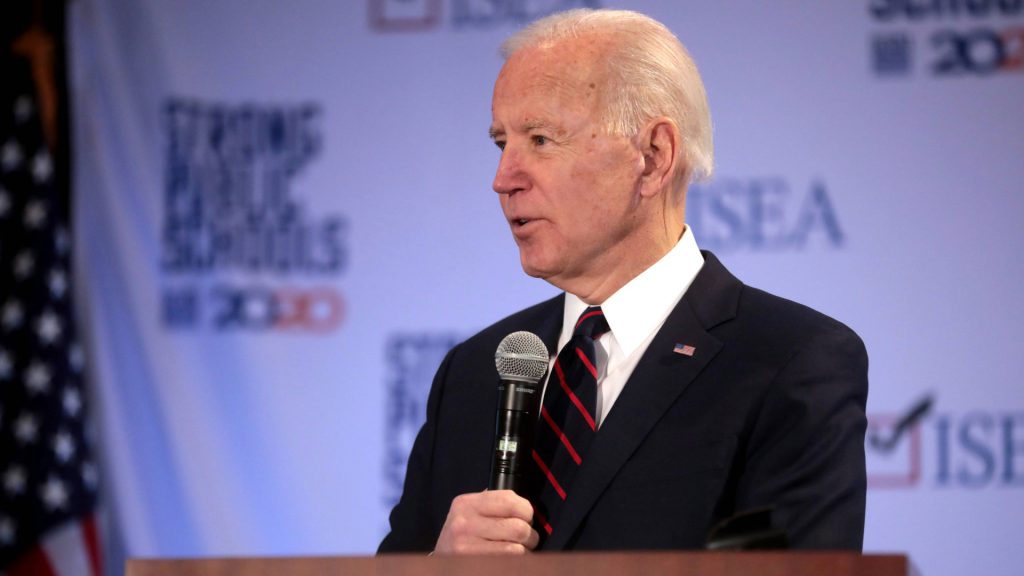
The 11 people include Jason Hernandez, Beverly Holey, Jeffrey Alan Lewis, Bobby Darrell Lowery, Jesse Mosley, Katrina Polk, Glenn Ray Royal, Alexis Sutton, Ricky Donnell Tyler, Stacy Lynn Wilder, and Pilar Alejandra Yelicie-Rodriguez.
Commutes The Sentences Of Five Others
Biden also commuted the sentences of five other men and women – meaning their sentences were shortened. For example, Daequon Charles Davis of Johnson City, Tennessee, saw his sentence reduced from 262 months to 120 months for conspiracy to distribute cocaine.
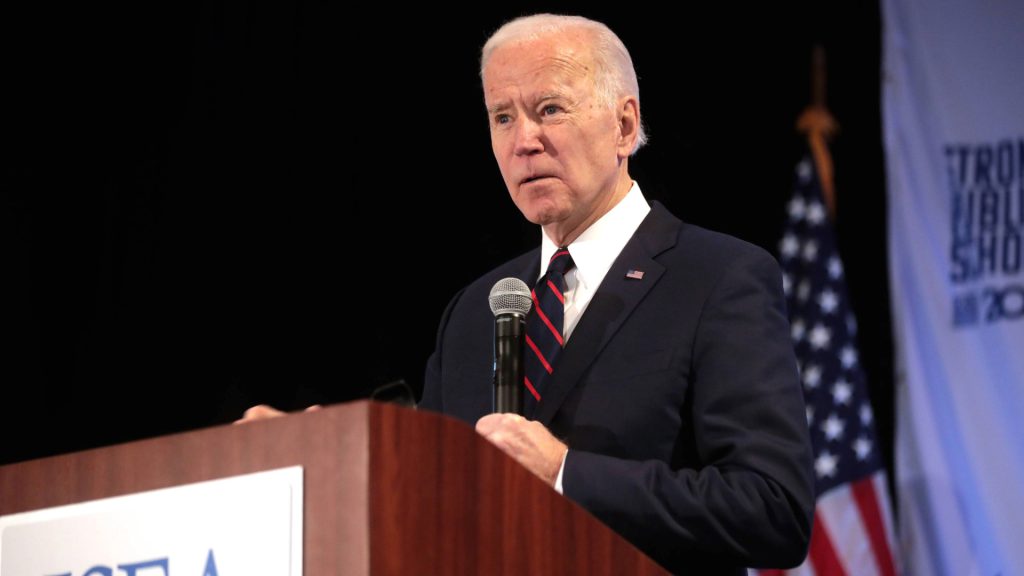
Jophaney Hyppolite saw a life sentence reduced to 360 months, Xavier Martez Parnell will serve 210 months instead of 300 months, Leshay Nicole Rhoton’s sentence was dropped from 240 to 150 months, and Margaret Ann Vandyke will be released on August 22.
10 Of The Most Controversial Pardons Of All-Time
While most of Biden’s pardons have spent decades behind bars for cocaine-related offenses they committed as juveniles, they have each turned over a new leaf in life and are deserving of a second chance – which they received.
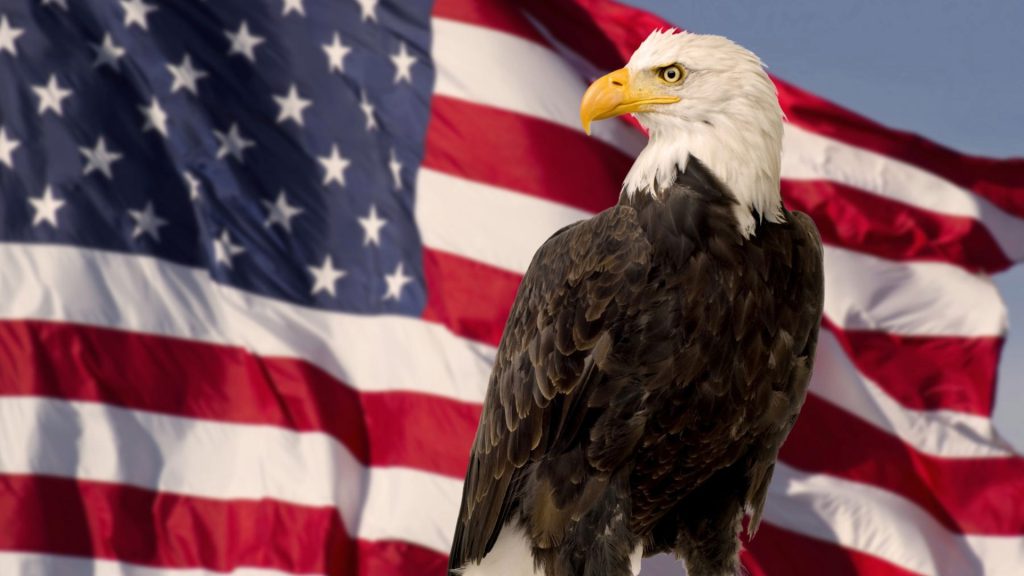
Each of Biden’s pardons passed the test, but the same can’t be said for those who came before him. Take Trump for example – he literally pardoned individuals for his own gain. With that said, here are 10 of the most controversial pardons in US history!
10. Bill Clinton Pardons His Half-Brother
On January 20, 2001, then-President Bill Clinton pardoned his half-brother, Roger Clinton Jr., for a 1985 cocaine possession and drug trafficking conviction. Less than a year after his pardon, Roger was arrested and charged with drunk driving and disorderly conduct.
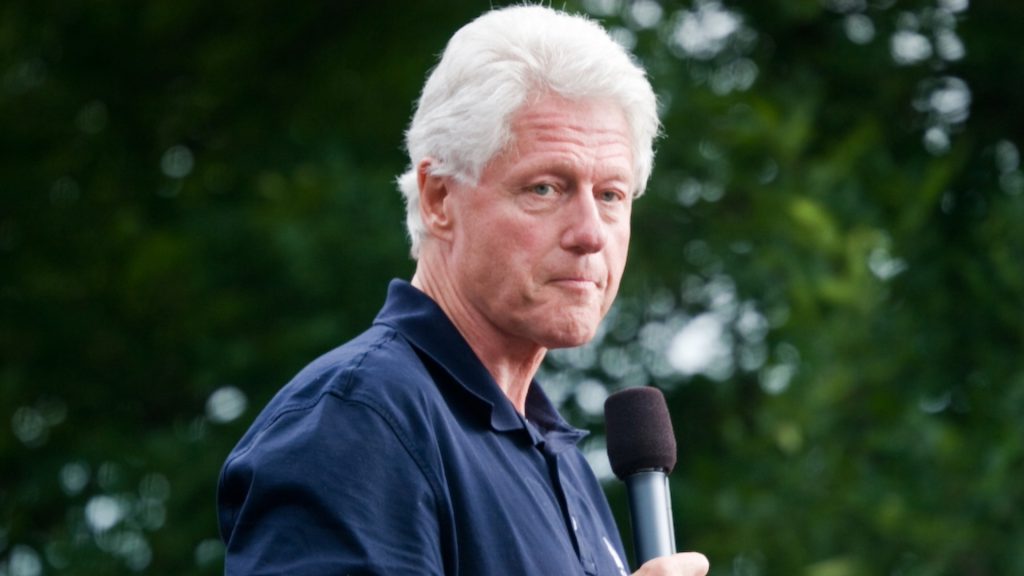
The pardon was one of 141 pardons and 36 commutations issued by Bill Clinton on January 20, 2001 – his final day in office. Many people questioned if Roger was deserving of the pardon – accusing Bill of pardoning him because he’s family.
9. Clinton Pardons Patty Hearst
Patty Hearst was another one of the 141 pardons issued by Clinton on his final day as President – and it was just as controversial. She was kidnapped by the Symbionese Liberation Army in 1974 before joining their cause and assisting them in armed robberies.
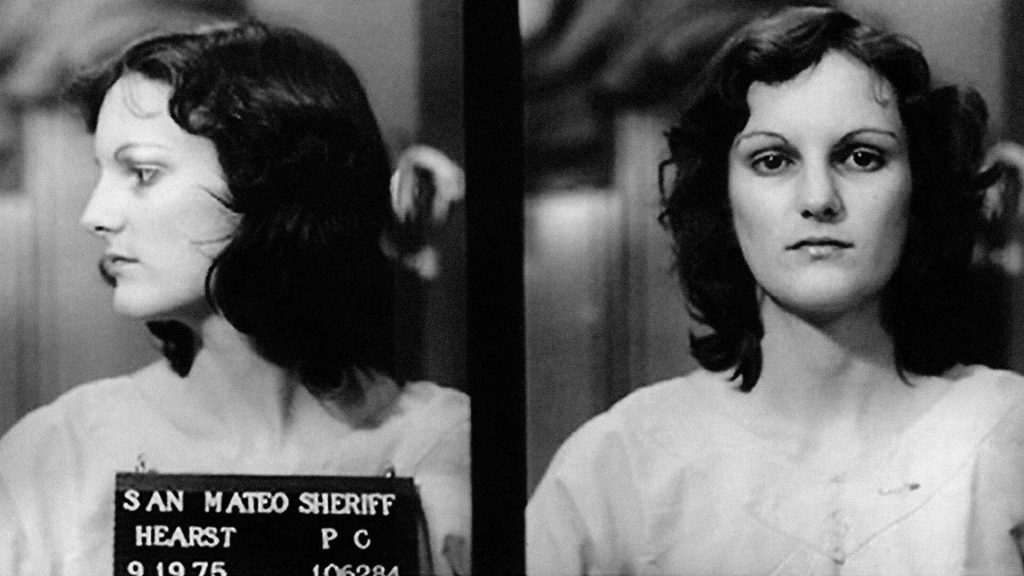
Hearst originally had her 35-year sentence commuted by Jimmy Carter in 1979, but Clinton went ahead and issued a full pardon. She argued that she had been brainwashed by the group, but not many people actually believed her.
8. Andrew Johnson Pardons Confederate Soldiers
When the American Civil War came to an end in 1865, then-President Andrew Johnson – who had just began his four-year term – had a plan to reunify the North and the South. That plan involved pardoning thousands of Confederate troops.
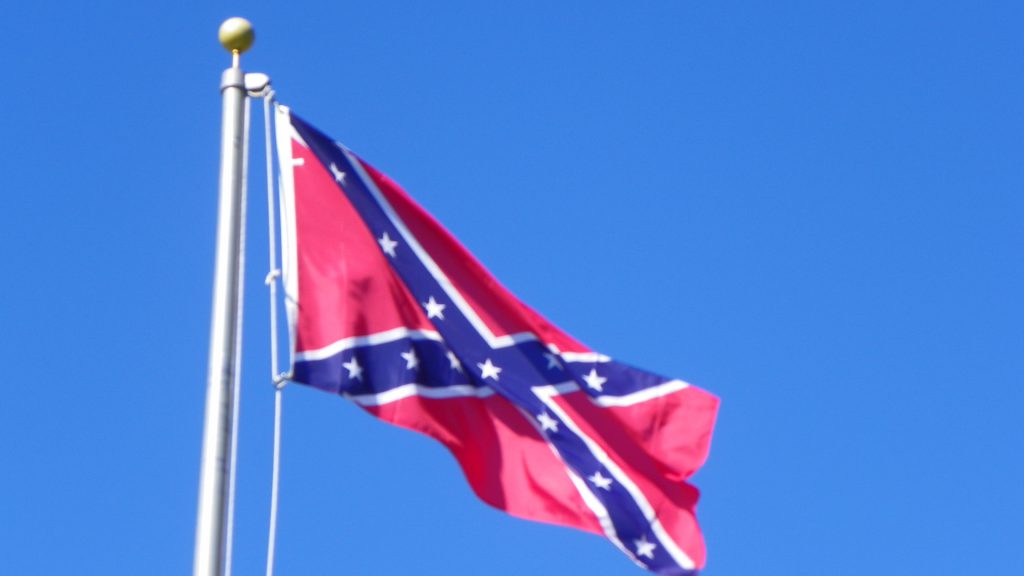
The only catch was that they had to pledge allegiance to the United States government and give up their efforts as Confederates. More than 13,000 troops received a pardon, and every last one of them had to take an oath to the country.
7. Richard Nixon Pardons Lt. William Calley
In 1968, during the Vietnam War, a U.S. Army platoon led by Lt. William Calley Jr. marched through the small village of My Lai and massacred hundreds of innocent civilians – most of whom were women and children.
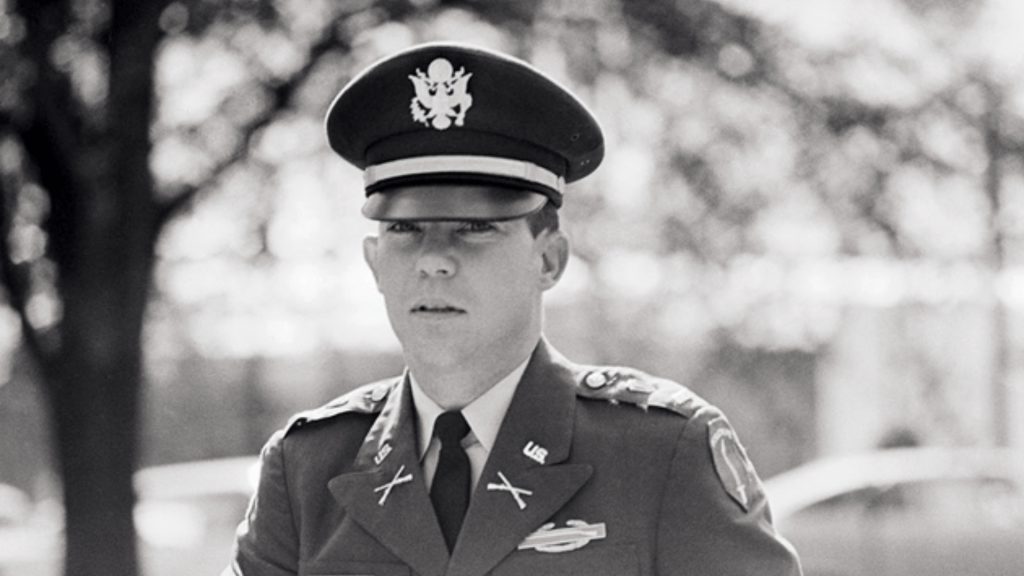
Calley Jr. was the only one convicted in the massacre, and was held accountable for 22 of the deaths. He was sentenced to life imprisonment with hard labor at Fort Leavenworth in 1971, but was pardoned by Richard Nixon and ordered to house arrest.
6. Gerald Ford Pardons Nixon
Richard Nixon announced his resignation as President on August 8, 1974, following a two-year controversy many people know as the Watergate Scandal. His Vice President at the time – Gerald Ford – received an immediate promotion.
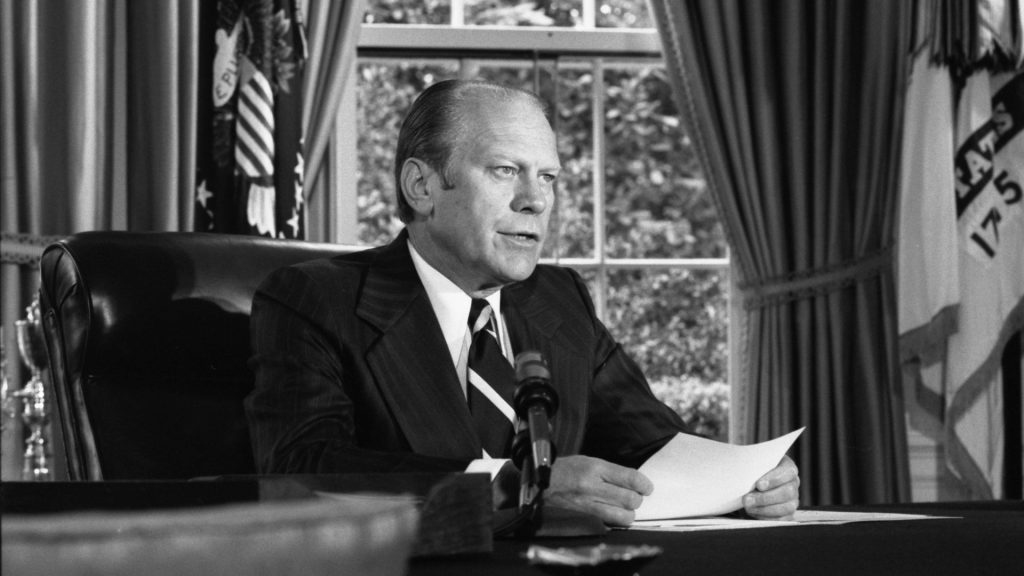
On September 8, 1974, roughly a month after Nixon resigned, Ford granted him a ‘full, free, and absolute pardon’ to ensure his former boss couldn’t be indicted for any crimes he might’ve committed during his time as President.
5. James Buchanan Pardons Utah Mormons
In September 1857, more than 100 non-Mormon migrants were ambushed and killed in what became known as the Mountain Meadows Massacre. It was just another installment of the Utah War that saw Mormon leader Brigham Young square off against the US federal government.
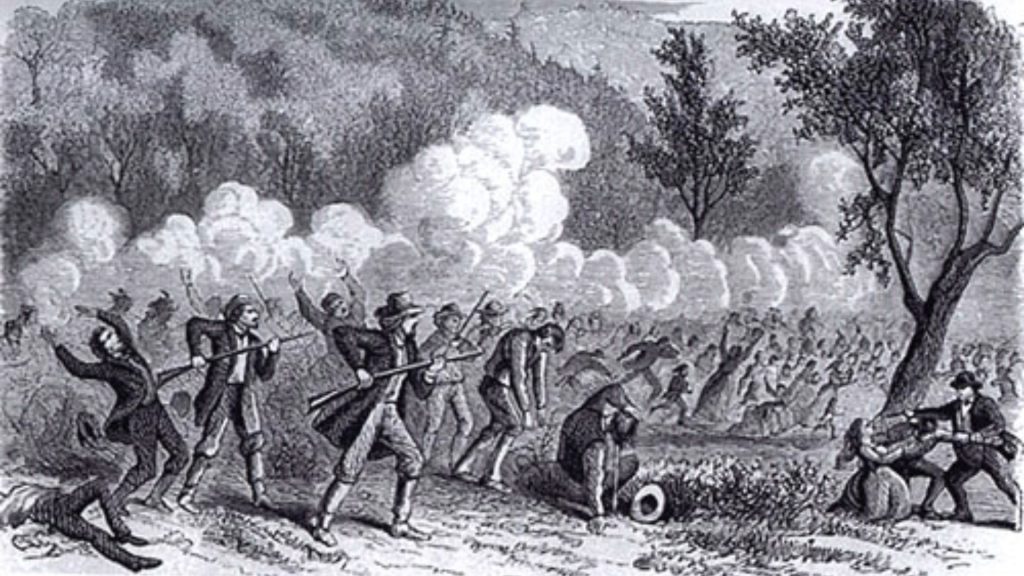
In 1858, after the conflict came to an end, then-President James Buchanon granted a free pardon to all Mormons – so long as the religious minority accepted the United States’ authority over Utah. Brigham Young was one of those offered a pardon.
4. Jimmy Carter Pardons Vietnam War Draft Dodgers
On January 21, 1977, then-President Jimmy Carter issued a blanket pardon to anyone who attempted to dodge the draft for the Vietnam War by violating the Military Selective Service Act. It was Carter’s first full day in office.
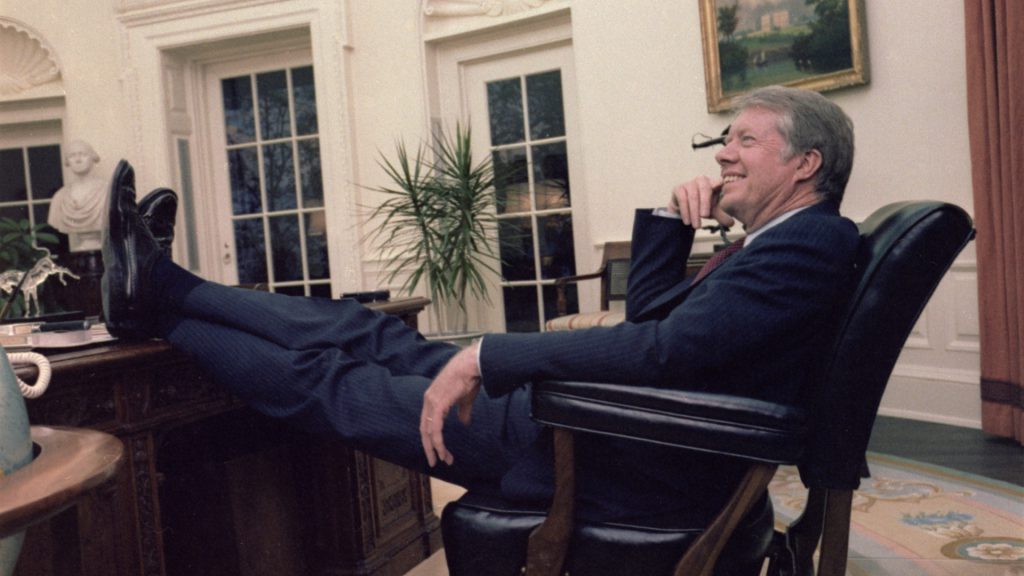
The proclamation allowed hundreds of thousands of Americans to return home after fleeing the country in hopes of avoiding war. Three years prior, Gerald Ford granted conditional amnesty to these same individuals.
3. Barack Obama and Clinton Pardon FALN Terrorists
In 1999, then-President Bill Clinton granted prison commutations to 16 members of the Puerto Rican terrorist organization FALN. The group had unleashed more than 130 bombs against the US between 1974 and 1983.
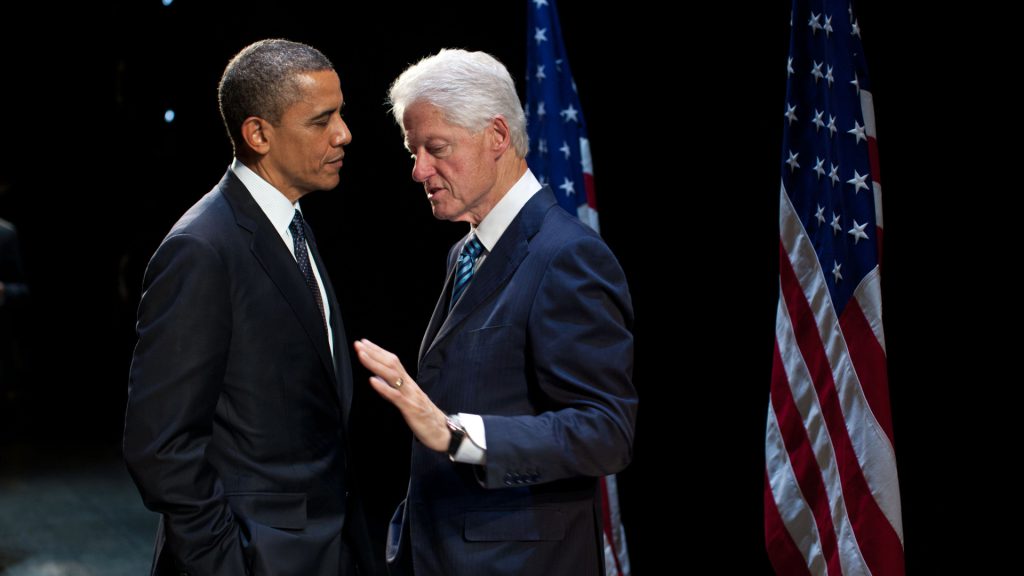
In 2017, Obama followed suit and pardoned Oscar López Rivera – a member of the terrorist organization. His sentence was expected to end in 1951, but he was able to walk free on May 17, 2017 thanks to Obama.
2. Clinton Pardons Billionaire Marc Rich
Perhaps one of the most controversial presidential pardons in the history of this country was Clinton’s final-day pardon of billionaire fugitive Marc Rich – who faced federal charges of tax evasion, wire fraud, racketeering, and more.
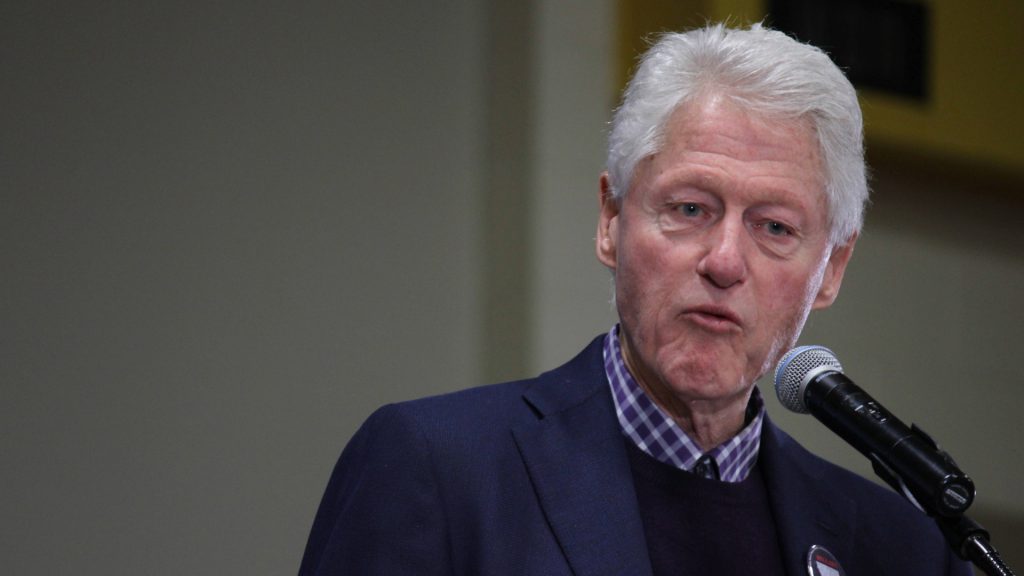
He ended up fleeing to Switzerland and never returned to the United States. Some say he was only pardoned by Clinton because Rich’s ex-wife, Denise, had donated millions of dollars to the Democratic Party.
1. Obama Pardons Chelsea Manning
One of the most controversial pardons of the past 10 years happened in 2017 when President Barack Obama commuted the 35-year prison sentence of Chelsea Manning. For those who don’t remember, she was the infamous WikiLeaks source.
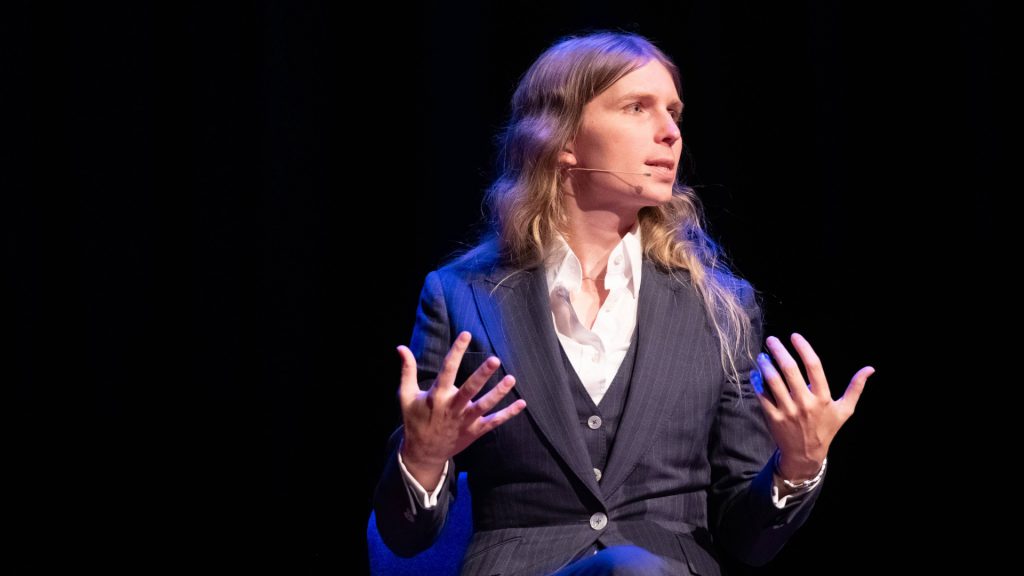
Manning’s commutation was one of 208 issued by Obama in 2017 – one of those being Oscar López Rivera, as discussed prior. Manning was freed on May 17, 2017, but not too many people agreed with the decision.

